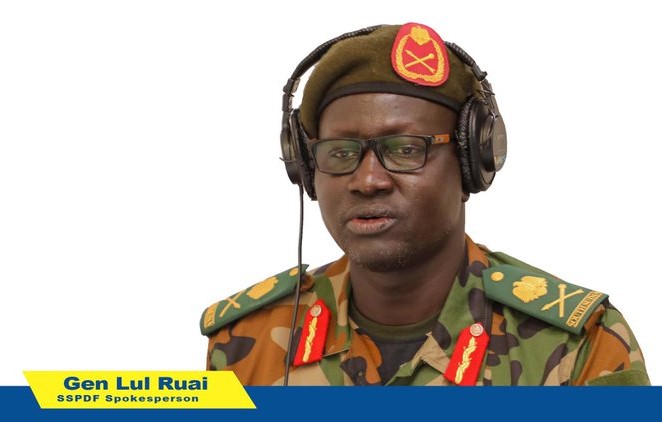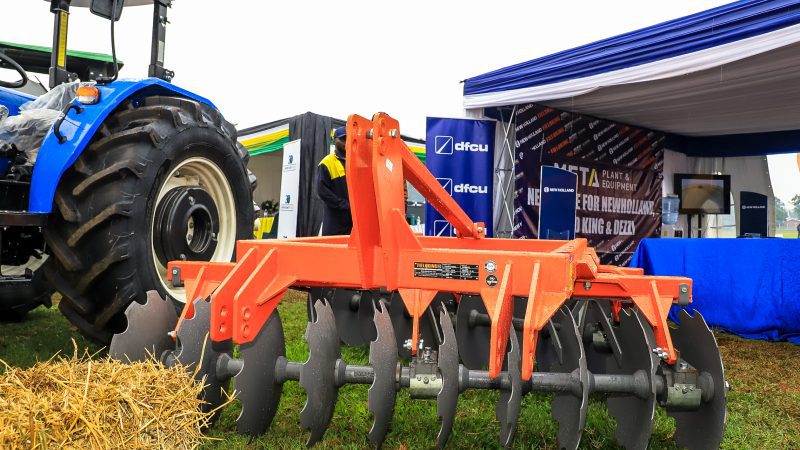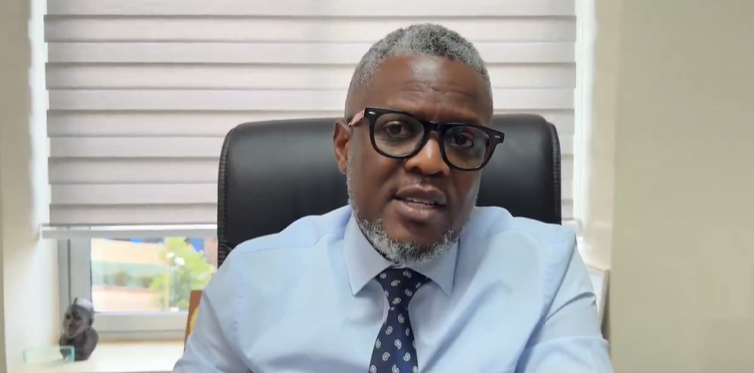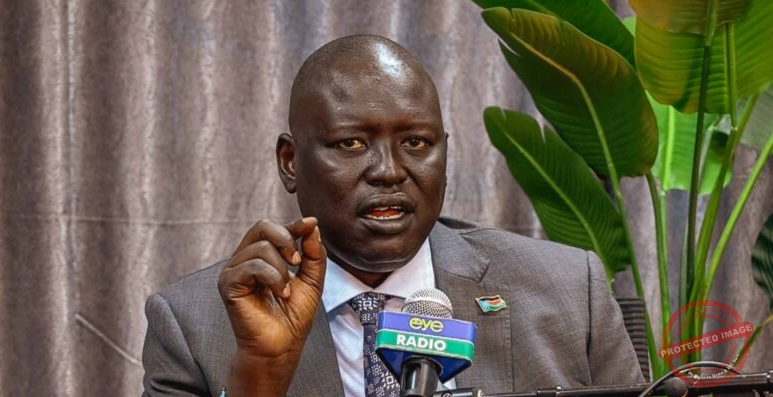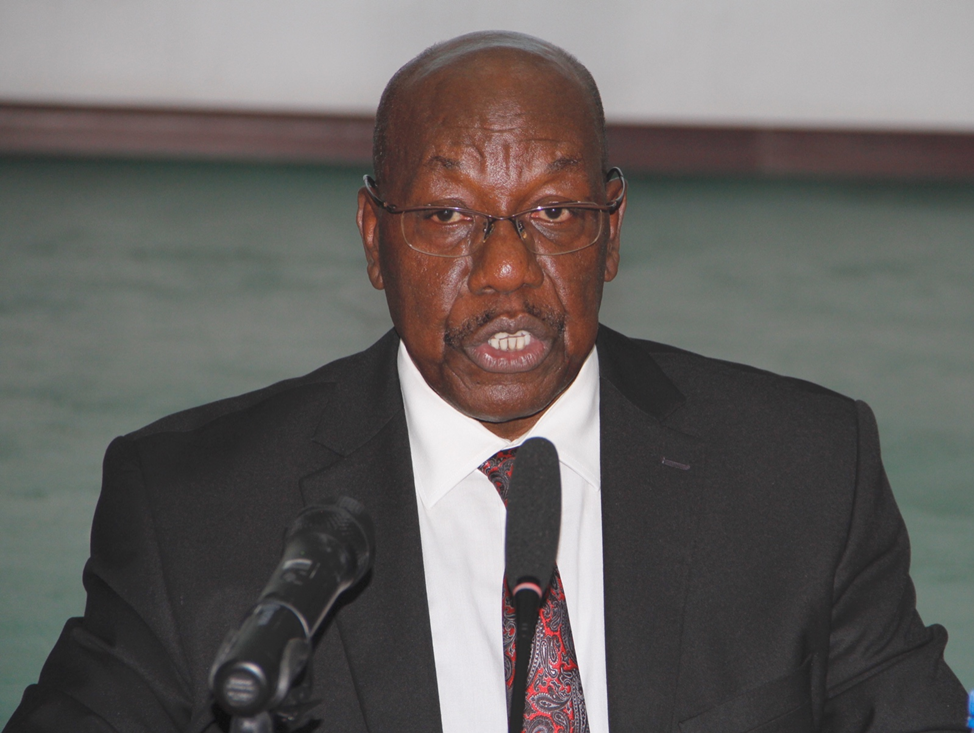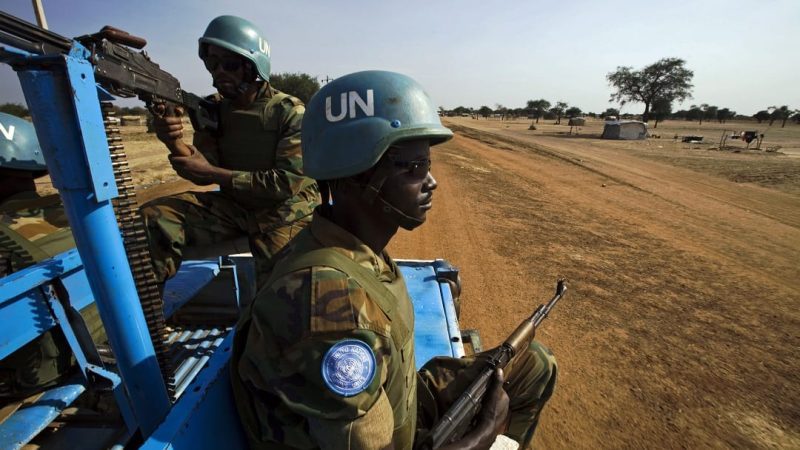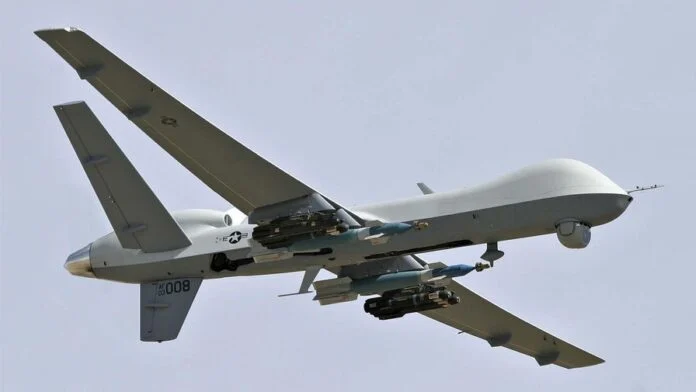The Reconstituted Joint Monitoring Evaluation Commission (RJMEC) on Thursday called on the parties to the 2018 revitalized peace agreement to dialogue to agree on the election timeline with six months remaining to the end of the transition period.
Charles Tai Gituai, Chairperson of RJMEC said a number of key election-related tasks remain behind schedule, and yet time is of essence for the parties to conduct the upcoming elections in December this year as they agreed upon earlier.
“On preparations for the conduct of elections as scheduled, RJMEC had requested the parties in March to engage in a dialogue so as to reach consensus on the way forward. With less than six months to the elections as per the Roadmap, time is fast running out and a number of critical election related tasks remain pending,” Gituai said during the plenary meeting of the peace monitoring body in Juba.
He also noted some progress being made by the recently reconstituted National Elections Commission (NEC) in regards to the reconstitution of the State elections high committees.
Gituai also expressed deep concerns on the rampant inter-communal violence in different parts of the country, including latest incidents in Ruweng Administrative Area and Unity State.
At least 25 people including the executive director of Aliny County in Ruweng Administrative Area, were killed in clashes that erupted on June 22, with armed youth from Leek community from Rubkona County of neighboring Unity State.
Gituai noted that there are reported increase of abductions of youths by the National Salvation Front (NAS) in Central Equatoria State and some insecurity along the roads.
NAS led by former deputy chief of logistics of the South Sudan People’s Defense Force (SSPDF), Thomas Cirilo Swaka is among the armed groups that refused to sign the 2018 revitalized peace agreement.
A splinter faction of NAS is attending the ongoing peace process in Nairobi, the Kenyan capital, aimed at ending years of rebellion by these opposition armed groups.
“With regard to the Nairobi talks, we continue to encourage the negotiating parties to dialogue in good faith, with a commitment to achieving an inclusive peace process within the framework of the 2018 Revitalized Agreement on the Resolution of Conflict in South Sudan (R-ARCSS),” Gituai said.
Gituai also encouraged the parties to the 2018 revitalized peace agreement to continue sustained inter-party dialogue in a collegial manner, build consensus amongst the parties and the stakeholders on the way forward on elections, and provide regular updates to the public on the progress of the dialogue.
Guang Cong, the United Nations Mission in South Sudan (UNMISS) Deputy Special Representative-Political, said that it is critical that the parties find a working formula that gives required attention to ensuring complementarity between the Nairobi peace process and the interparty dialogue on the way forward on elections.
“This is essential to reinvigorate efforts to finalize the transition through elections according to the R-ARCSS,” Guang said.
He noted that UNMISS is already providing technical support, including assisting the National Elections Commission with assessing state-level infrastructure and facilities, consultation with key stakeholders on the electoral process, and beginning the process of formation of State High Elections Committees.
“I also welcome the progress made on the development of the electoral security plan. It is essential that the plan is linked to the broader implementation of the Transitional Security Arrangements to ensure that South Sudanese can vote in their first post-independence election in safety and security,” Guang said.
Guang noted that UNMISS has recently intensified patrols and engagement with local authorities and security services in Unity State and the Ruweng Administrative Area, after cross-border clashes over the weekend resulted in several deaths, destroyed property, and displaced civilians.


